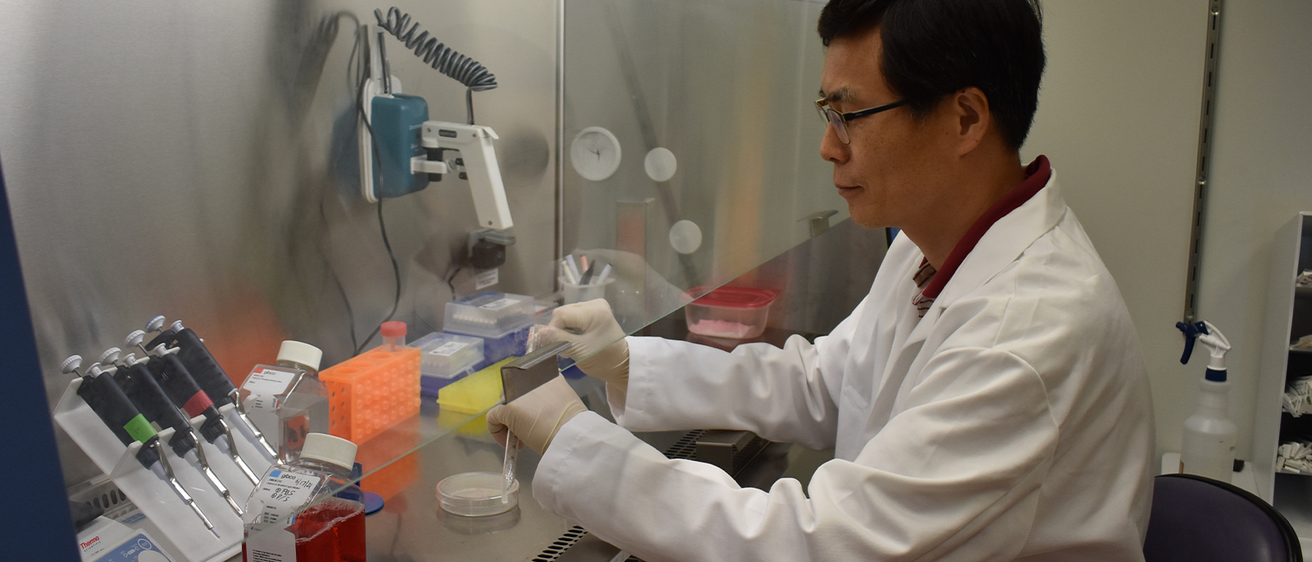The University of Iowa's Ophthalmology Department is at the forefront of groundbreaking research and clinical trials, leveraging the latest advancements in artificial intelligence and computer-aided morphological studies to revolutionize eye care.
AI and Computer-Aided Morphology

Dr. Miachael Abràmoff has teamed up with Dr. Friedman at the Massachusetts Eye and Ear Institute and Digital Diagnostics, backed by a CDC grant, to tackle barriers in glaucoma treatment. Their innovative approach aims to enhance early detection and intervention.
Dr. Elliott Sohn and Dr. Milan Sonka from the College of Engineering are utilizing AI to identify patterns in retinal layers, predicting the effectiveness of anti-VEGF treatments for age-related macular degeneration (AMD). This collaboration promises more personalized and effective treatment plans for patients.
Dr. Mark Greiner is working with Evolucare, a French company, to develop objective measures for assessing the progression of Fuchs Endothelial Corneal Dystrophy. This research could lead to earlier, less invasive treatments, potentially reducing the need for corneal transplants.
At the VA Center for the Prevention and Treatment of Vision Loss, Dr. Matthew Harper and Dr. Mona Garvin are using AI to analyze retina texture, providing insights into the severity of traumatic brain injuries and the progression of glaucoma.
Translational Science and Genetic Research

The department's translational science efforts are uncovering the genetic underpinnings of eye diseases. Dr. Oliver Gramlich is investigating the role of cholesterol in optic neuritis in multiple sclerosis, while Dr. Markus Kuehn is exploring T-cell mediated damage to retinal ganglion cells in glaucoma.
Under the leadership of Dr. Edwin Stone, the Institute of Vision Research is delving into the genetics of ocular diseases. Dr. Stone focuses on genetic mutations in inherited eye diseases, Dr. John Fingert uses stem cell-derived cells to study glaucoma genetics, and Dr. Robert Mullins examines the pathophysiology of macular degeneration through genetic analysis. Dr. Seongjin Seo is developing gene therapy for inherited eye diseases, and Dr. Budd Tucker is researching ways to halt age-related macular degeneration through targeted gene therapy.

Rare Inherited Eye Diseases
Researchers Dr. Arlene Drack, Dr. Alina Dumitrescu, Dr. Ian Han, and Dr. Stephen Russell are pioneering treatments for rare inherited eye diseases such as achromatopsia, albinism, Bardet-Biedl Syndrome, Batten’s disease, Leber’s congenital amaurosis, retinitis pigmentosa, and X-linked retinoschisis. Their work spans from preclinical studies to human trials, offering hope for patients with these challenging conditions.
Clinical Trials

The department hosts numerous clinical trials aimed at treating various eye diseases:
Cornea:
DEKS Trial: Investigates the impact of donor diabetes on endothelial loss post-DMEK surgery (NIH-sponsored).
DTX Study: A natural history study of Fuchs Endothelial Corneal Dystrophy (funded by Design Therapeutics).
PUTT Trial: Examines an experimental treatment for acanthamoeba (NIH-sponsored, led by UCSF).
Retina:
DRCR Retina Workshop: Tests injections and implants for radiation retinopathy (NIH-sponsored).
NAC Attack: Evaluates N-Acetylcysteine for retinitis pigmentosa (NIH and Johns Hopkins-sponsored).
SPARK Trial: Follows patients receiving SPARK THERAPEUTICS’ experimental injection for RPE-mutation eye disease (industry-sponsored).
Thyroid Eye Disease:
Testing the efficacy and safety of Immunovant’s treatment.
Upcoming trials include new treatments for XLRS, Leber’s Congenital Amaurosis, and innovative glaucoma devices. The department is also collaborating with industry partners to enhance diagnostic tools for uveal melanoma and create a registry for inherited eye disease patients.
The University of Iowa's Ophthalmology Department continues to push the boundaries of vision science, offering new hope and improved outcomes for patients worldwide.
